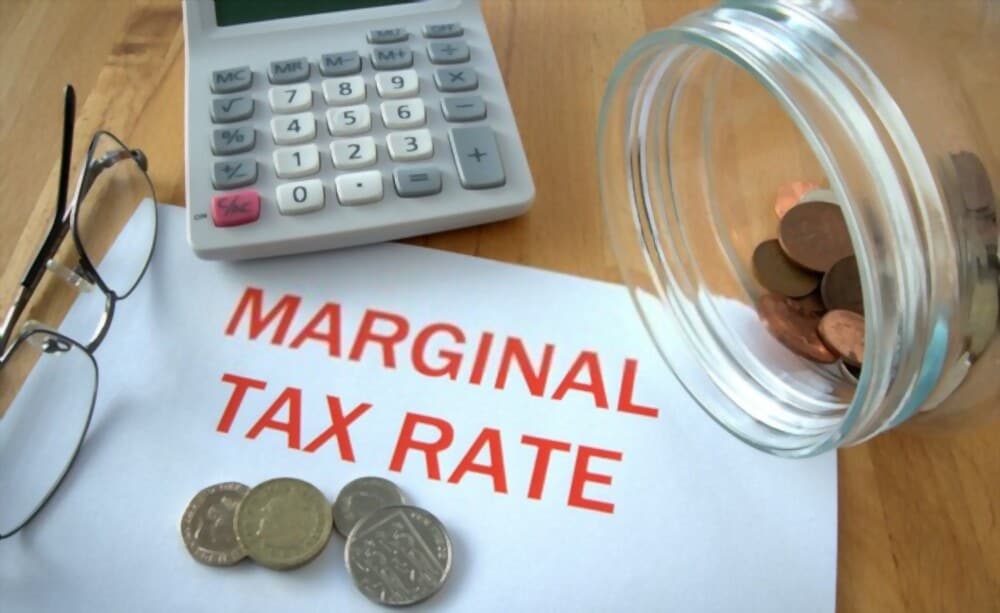When it comes to financial planning, knowing your financial needs and sufficiency is very crucial. Get an accurate estimate of how much income tax you could owe each year in order to better understand how much of your money is yours to save, spend, and invest.
Every year, you must submit a personal income tax return if you reside and earn your living in Canada. Financial planning involves understanding how your money is taxed. Based on your income, the federal government of Canada determines how much tax you should be paying.
In Canada, there is a system of marginal tax rates, which implies that your income is separated into many categories. This is called the federal tax bucket. Your income is taxed at a different rate depending on the tax bracket you are in, and the tax bracket for each portion of your income rises when your income exceeds the preceding bracket.
Federal tax bucket
Tax brackets are determined by your taxable income, which is generally equal to the total amount of money you earn in a given year minus any applicable tax deductions, credits, and exemptions.
What is the marginal tax rate?
The tax rate you pay on every extra dollar of income is known as the marginal tax rate. In Canada, as income grows, so does the federal marginal tax rate for people. The progressive taxation technique seeks to tax people in accordance with their wages, with low-income earners paying less in taxes than high-income earners.
Knowing your marginal tax rate, in general, may be useful when making financial plans since it helps you estimate how much money you will have available for spending, saving, and investing. For instance, being aware of this rate can help you make the most of your retirement and RRSP planning. For wealthy individuals, this percentage may exceed 53%. For every additional $100 they earn, $53 is taken out as taxes, leaving them with just $47.
Low and middle-class earners pay a significantly lower rate, often between 20% and 40%, depending on their income. Therefore, the following $100 in income earned by a household with a low or moderate income will only be lost to income tax by $20 to $40.
What does the term marginal tax rate in Canada mean?
The federal and provincial governments have established tax brackets based on taxable income since Canada's tax system is progressive, meaning that the more you earn, the more tax you pay. Each tax year, they are modified to account for inflation and other variables.
How to Calculate Marginal Tax Rates
On the website of the Canada Revenue Agency (CRA), you may find marginal tax rates at the federal, provincial, and territorial levels. Applying the tax rate to various components of your income will allow you to determine your taxes.
The Website wealthsimple game example of the marginal tax rate in Manitoba (federal and provincial combined) for the year 2021 is as follows: 10.8% on the first $33,723 of your taxable income, 12.75% on the amount over $33,723 but under $72,885, and 17.4% on the amount beyond $72,885.
In Manitoba, your federal and provincial taxes will total around $13,271 if you make $50,000 a year.
Takeaways
In this blog, we have understood the Marginal Tax rate in Canada and how it is calculated. Moreover, marginal tax rates, which implies that your income is separated into many categories, Your income is taxed at a different rate depending on the tax bracket you are in. The tax rate you pay on every extra dollar of income is known as the marginal tax rate. Knowing your marginal tax rate may help you estimate how much money you will have available for spending, saving, and investing. Yay! Now you know all the important details and examples to file marginal tax rates.

